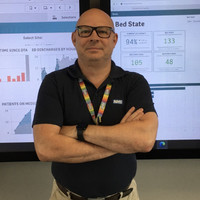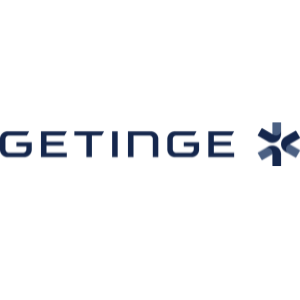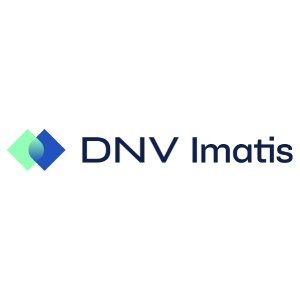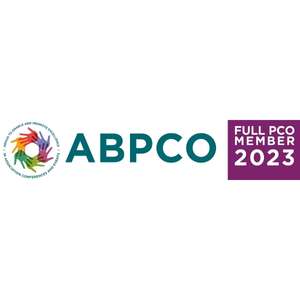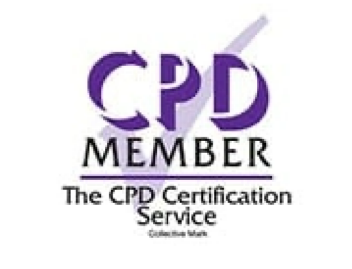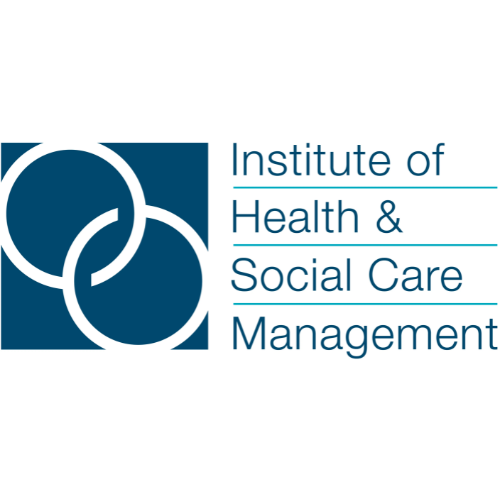The Patient Flow Conference series has been a highly valued platform for NHS Urgent care leaders, to meet with peers, share practical insights and listen to live policy updates throughout the Covid-19 outbreak. Below you can find details of our next event in the series, we hope to see you there.
“Convenzis are the ultimate professionals. From a Conference sponsor perspective, they couldn’t have been more helpful, supportive and collaborative. I had to make several complex requests in the run up to the event, nothing was too much trouble for this team. The organisation of the event (sessions, logistics, delegates) was impeccable and their communication second to none. I have worked with a lot of event organisers over the years, this company is superb.” MSD/Merck
The challenges facing accident and emergency departments are well known and impact both staff and service delivery. The pressures of meeting targets and providing good care for patients while maintaining clinical standards often result in departments operating in a crisis mode.
Effective streamlining of hospital processes to address patient flow is at the forefront for planners and operational leaders. Flow is traditionally managed in a fragmented manner, with many decisions taken locally inwards, leading to significant variation in practice.
This conference has been developed as a platform to help NHS and wider healthcare professionals sharpen knowledge on the latest best practice and national policy. We are proud to offer all NHS staff and healthcare professionals from low-income counties fully funded, complimentary delegate passes.
Research sources for Transforming Urgent Care and Patient Flow Conference: Improving access and indicators: NHS England and Improvement, The Kings Fund, The ONS












